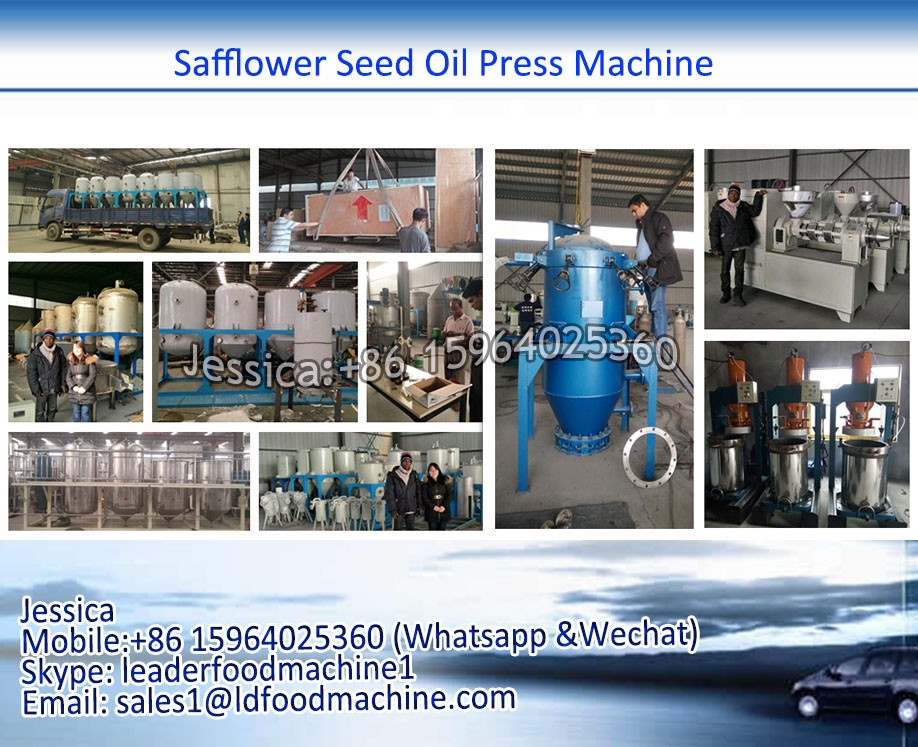10-20ton small scale palm oil refining machinery
Product DescriptionCrudeedibleOil → Deacidification → Degumming → Bleaching→ Deodorization →Refined Sunflower Oil
Main Processes Introduction
1. Hydration Degumming & Alkali Refining Deacidification Process
Neutralization: the crude oil is output by the oil feed pump from the oil tank, and next enters the crude oil heat exchanger to recover part of heat after metering and then is heated to the required temperature by the heater. After that, the oil is mixed with the metered phosphoric acid or citric acid from phosphate tank in the gas mixture (M401), and then enters the conditioning tank (R401) to make the non-hydratable phospholipids in oil change into the hydratable phospholipids. Add the alkali for neutralization, and the alkali quantity and alkali solution concentration depend on the quality of the crude oil. Through the heater, the neutralized oil is heated to the temperature (90℃) suitable for centrifugal separation to remove the phospholipids, FFA and other impurities in the crude oil. Then the oil goes to the washing process.
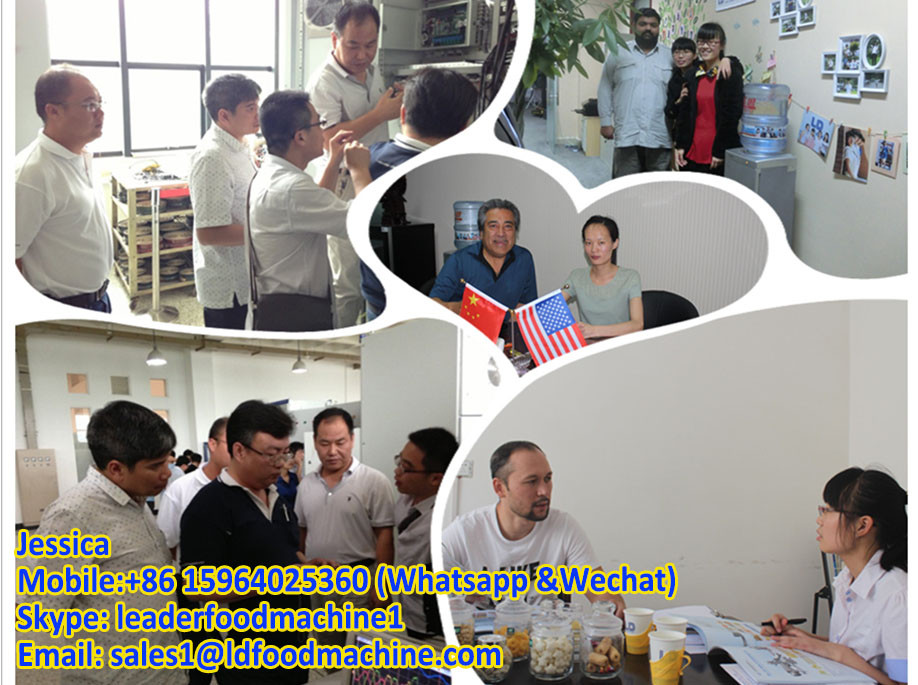
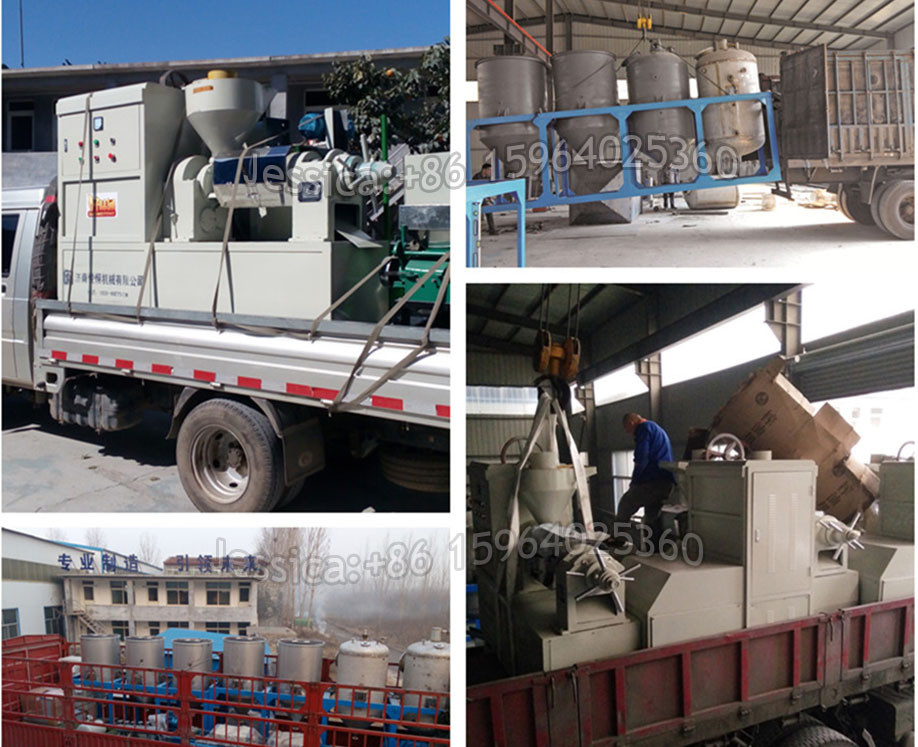
2. Continuous Refining Bleaching Process
The main function of bleach process is to remove oil pigment, residual soap grain and metal ions. Under negative pressure, the mechanical mixing method combined with steam mixing will improve the bleach effect.
The degummed oil firstly enters into the heater to be heated to the appropriate temperature (110℃), and then goes to the bleaching earth mixing tank. The bleaching earth is delivered from the low bleaching box to the temporary tank by wind. The bleaching earth is added by automatic metering and is interlockingly controlled with the oil.
The oil mixed with the bleaching earth overflows into the continuous decolorizer, which is stirred by non-powered steam. The bleaching oil enters into the two alternate leaf filters to be filtered. Then the filtered oil enters the bleaching oil storage tank through the security filter. The bleaching oil storage tank is designed as the vacuum tank with the nozzle inside, so as to prevent the bleaching oil contacting with the air and influencing its peroxide value and color reversion
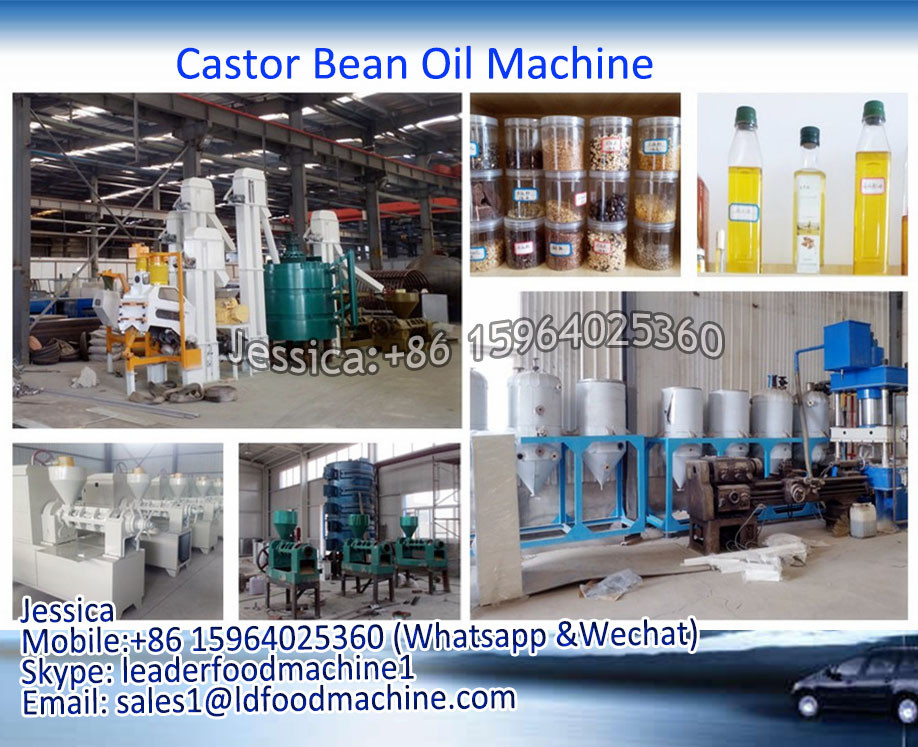

3. Continuous Refining Deodorizing Process
The qualified bleaching oil enters into the spiral plate heat exchanger to recover most of the heat, and next goes to high pressure steam heat exchanger to be heated to the process temperature (240-260℃) and then enters the deodorization
tower. The upper layer of combined deodorization tower is the packing structure which is mainly used to remove the odor producing components such as free fatty acid (FFA); the bottom layer is the plate tower which is mainly for achieving the hot bleaching effect and reducing the peroxide value of the oil to zero. Oil from the deodorization tower enters into the heat exchanger to recover most of the heat and makes further heat exchange with crude oil, and then is cooled to 80and85℃ through the cooler. Add the required antioxidant and flavor agent, and then cool the oil below 50℃ and store it. Such volatiles as FFA from the deodorizing system are separated by the packing catcher, and the separated liquid is FFA at low temperature (60and75℃). When the liquid level in the temporary tank is too high, the oil will be sent to the FFA storage tank
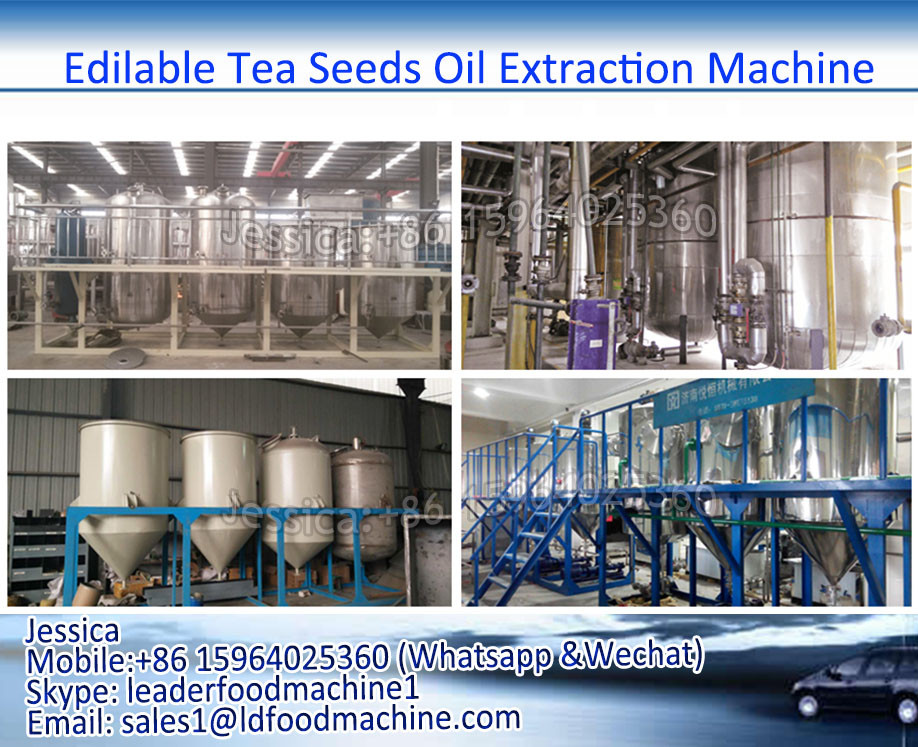

Packaging & Shipping
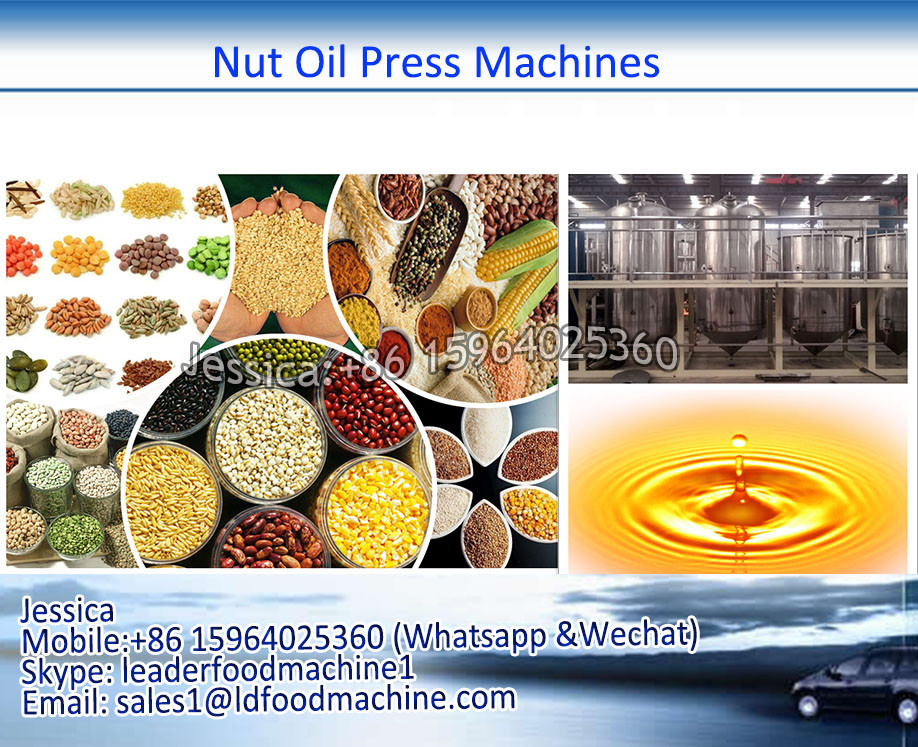
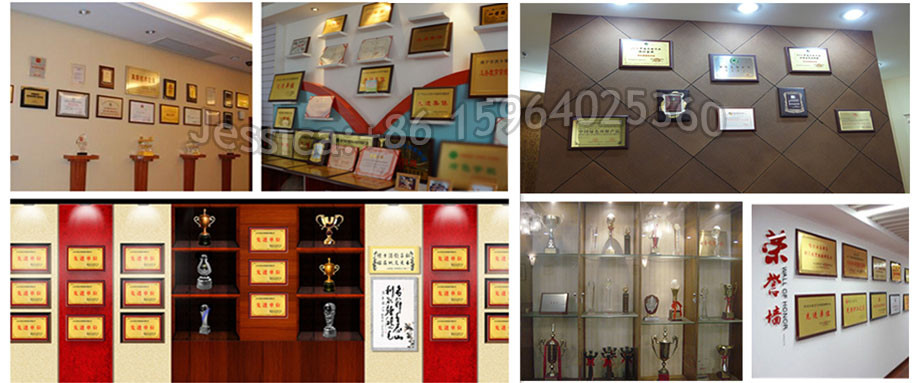

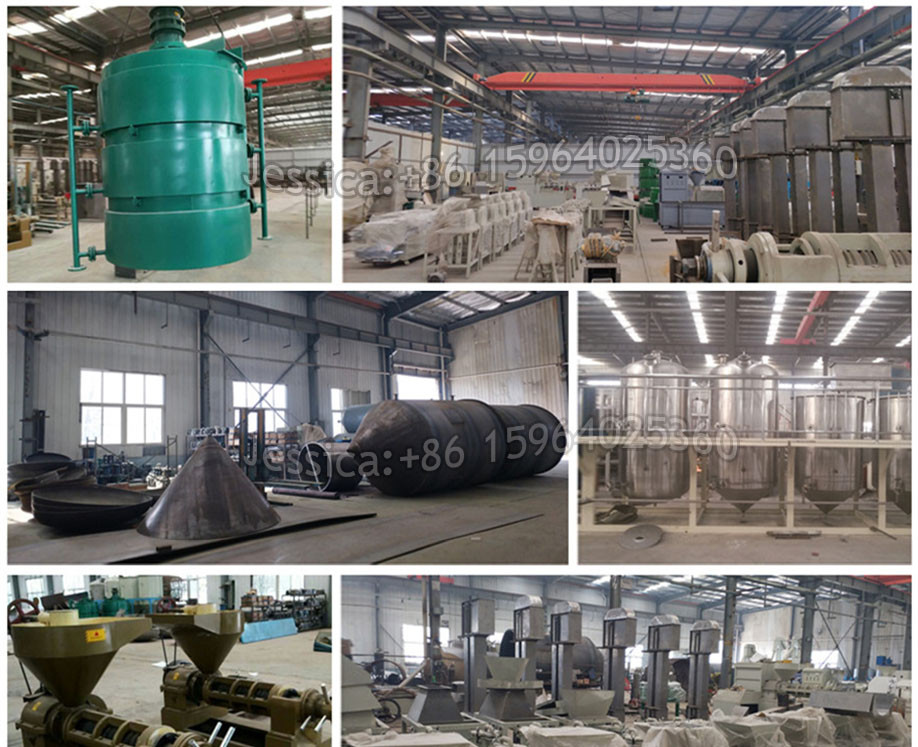
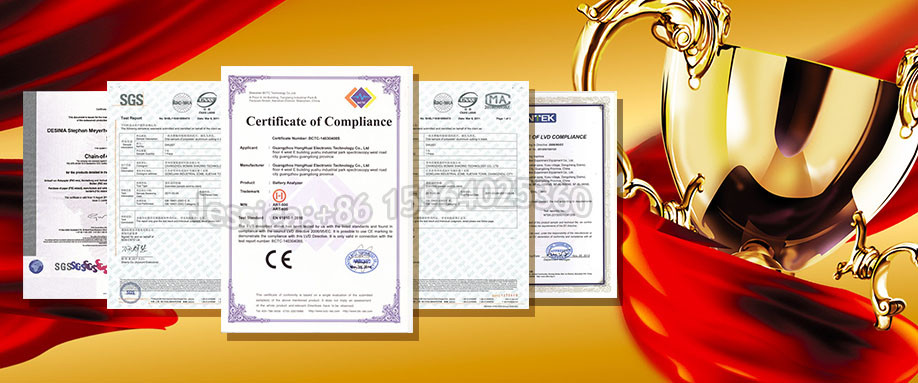
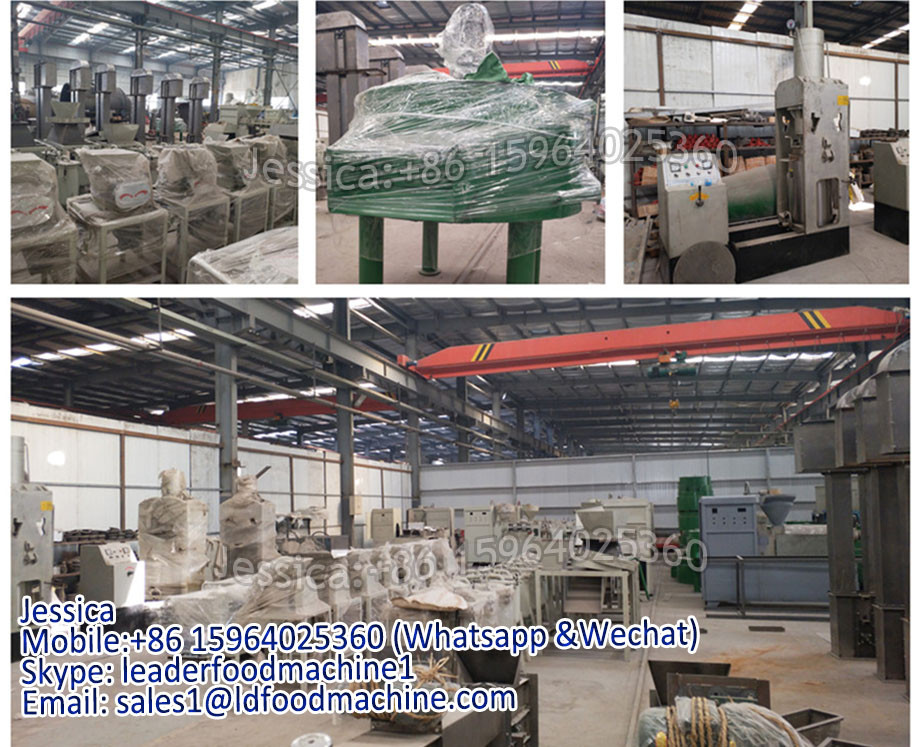
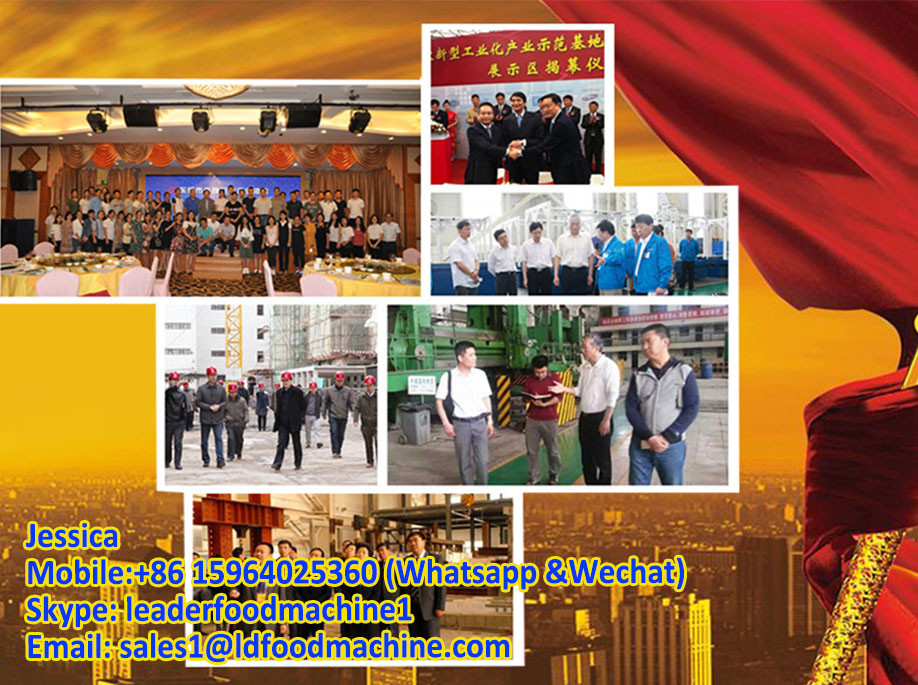
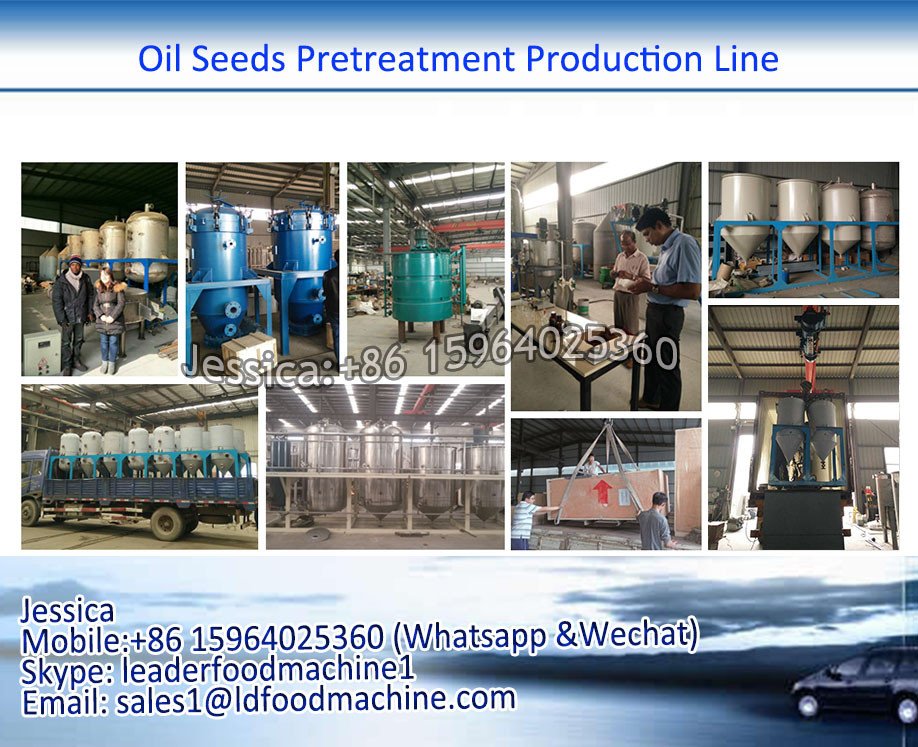
.............................................................................................................................................................................
--engineer available send to over seas to help you install the equipment
--engineer train workers untill your machine shall work well
--engineer shall make special design for you
.............................................................................................................................................................................
--we update our new technology for you
--one year warranty
